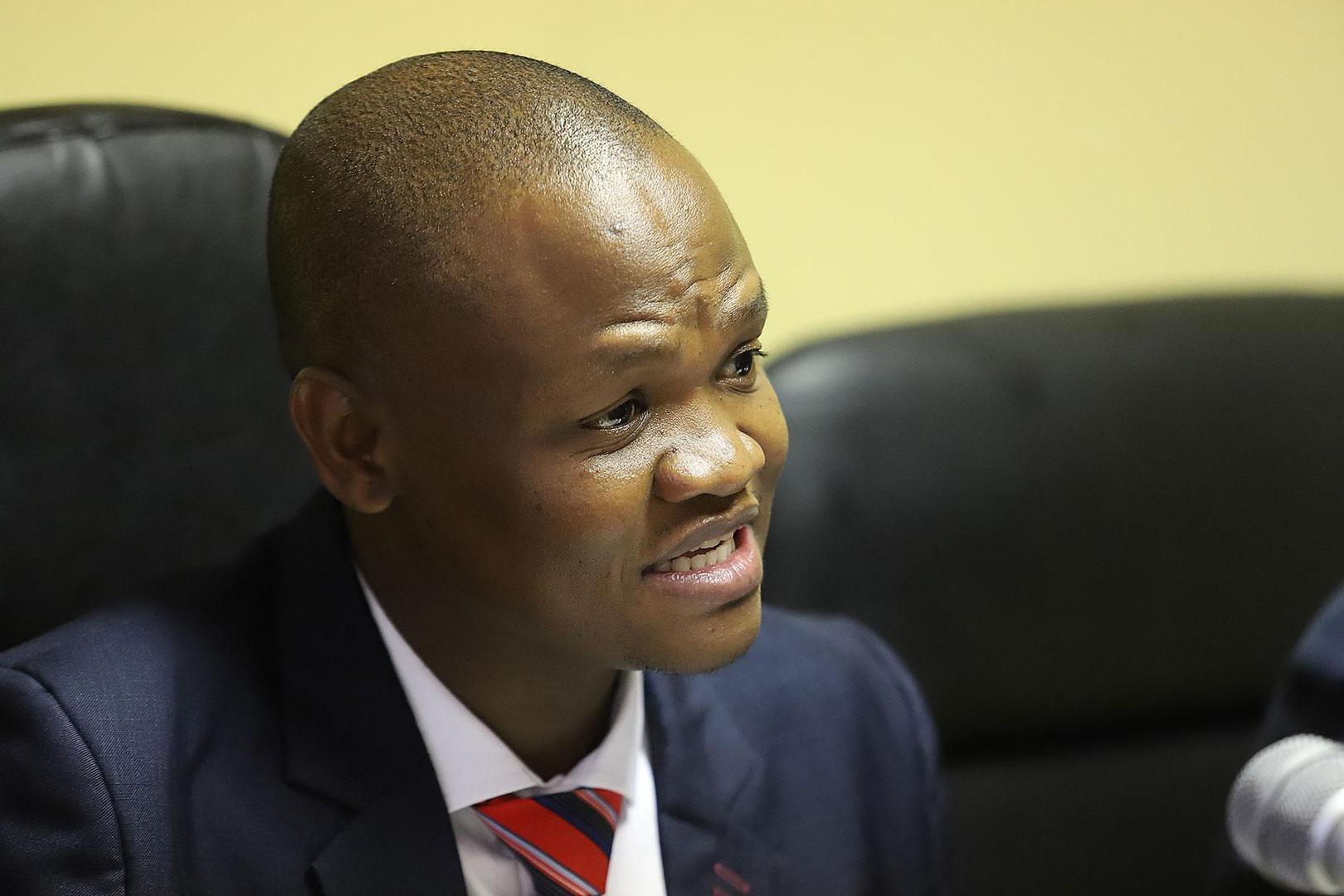Africa-Press – Botswana. Botswana is looking to join other nations in exploring the potential contribution of Cannabis to economic diversification as well as medical and scientific use, within a regulated environment, acting Minister of Lands and Agriculture, Dr Edwin Dikoloti has said.
Tabling the Policy on the Licit Use of Cannabis in Botswana, which was adopted by Parliament yesterday, Dr Dikoloti said the government had developed a comprehensive framework for the controlled use of Cannabis for medical and scientific purposes.
“This policy document establishes the foundational principles, regulatory requirements, and implementation strategies for achieving these objectives while ensuring strict compliance with international obligations and maintaining public safety,” Dr Dikoloti said.
He revealed that the medical cannabis market alone was projected to grow from US$ 57.18 billion in 2023 to US$ 444.34 billion by 2030, and within the Southern African Development Community (SADC) region, countries including Lesotho, Zimbabwe, and South Africa had already established regulatory frameworks for medicinal use, which provided valuable insights for Botswana’s approach.
While the country had no established legal cultivation of Cannabis, Dr Dikoloti disclosed that the country possessed favourable conditions for the cultivation of Cannabis sativa, which he said possessed significant potential for industrial, medicinal, and economic applications.
In addition to Cannabis cultivation offering significant yield potential, making it a viable crop for Botswana’s agricultural sector, Dr Dikoloti said it could contribute to economic diversification by creating new value chains in textiles, food, and pharmaceutical industries.
The minister said rural and urban communities could benefit from job opportunities with the creation of these new industries, while the environment could benefit from cannabis being a sustainable crop that required minimal pesticides and herbicides, and has properties that improve soil health.
He added that Cannabis cultivation first required regulatory framework, thereafter infrastructure and expertise as well as the establishment of domestic and international markets, which required strategic partnership and marketing. Furthermore, Dr Dikoloti said sustainable cultivation practices needed to be enforced to prevent soil degradation, water contamination and biodiversity loss.
In accordance with the Single Convention on Narcotic Drugs of 1961, an international treaty adopted by the United Nations that controls activities governing specific narcotic drugs, Botswana would have to put some measures in place, the minister said.
“Botswana’s compliance with the convention includes restricting cannabis use to medical and scientific purposes; establishing a national Cannabis agency; implementing comprehensive licensing systems; maintaining detailed production and distribution records as well as to submit regular reports to the International Narcotics Control Board,” Dr Dikoloti said.
Source: dailynews
For More News And Analysis About Botswana Follow Africa-Press






